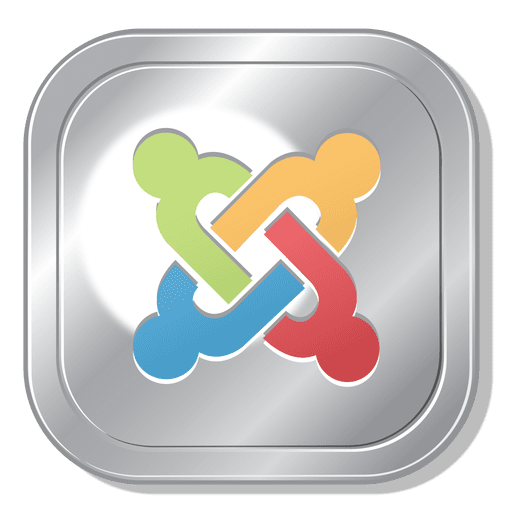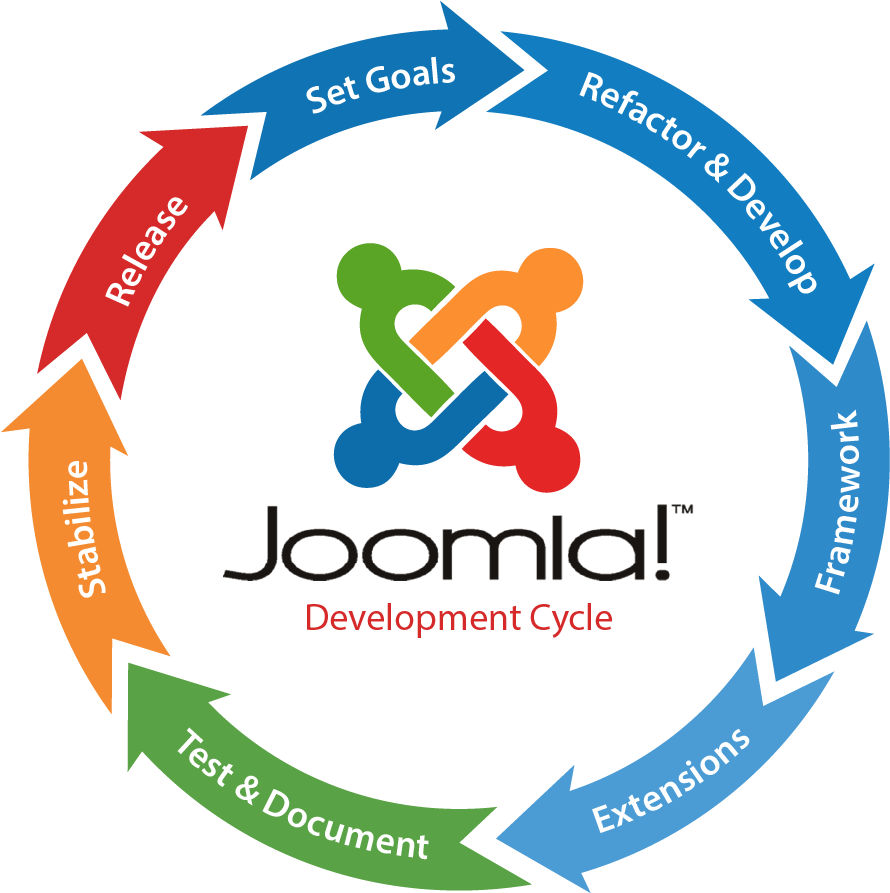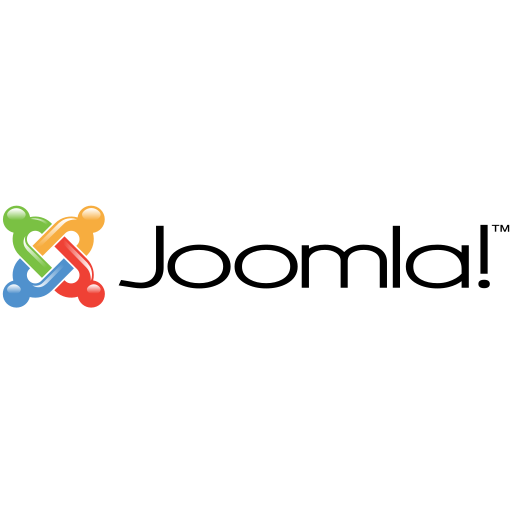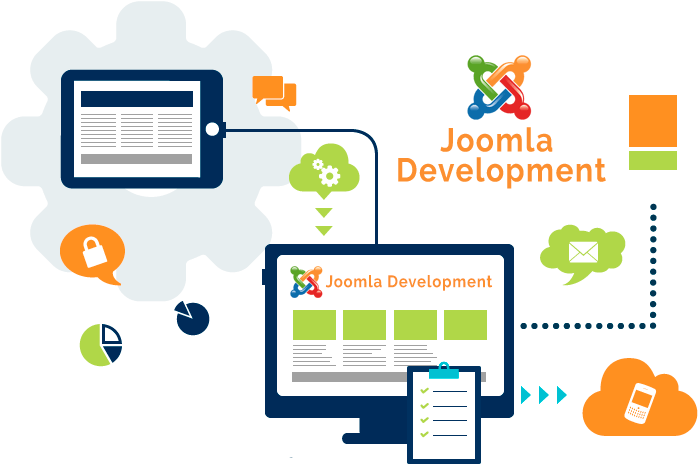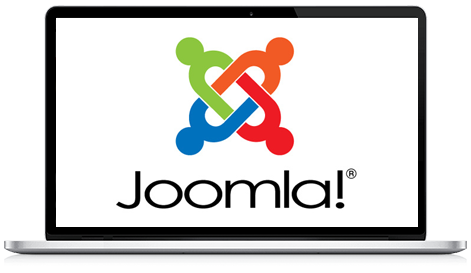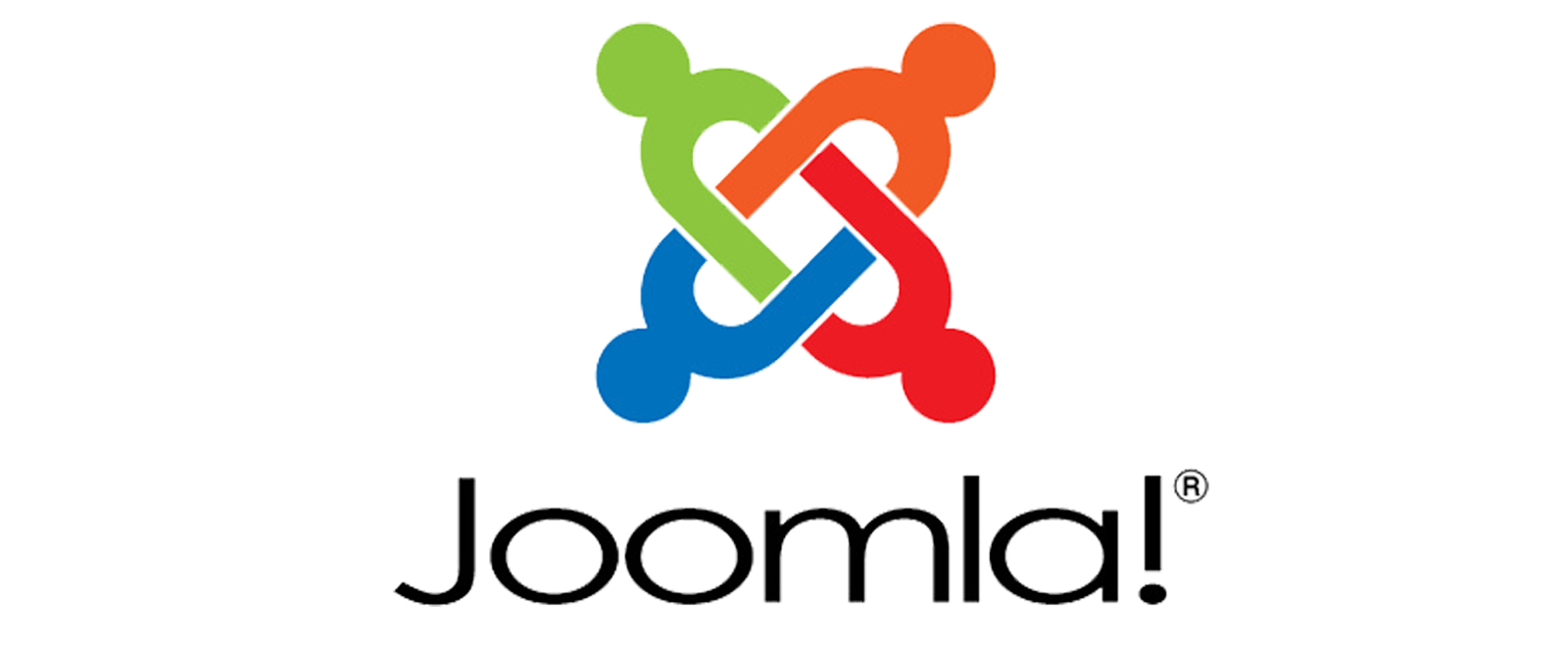Download top and best high-quality free Joomla PNG Transparent Images backgrounds available in various sizes. To view the full PNG size resolution click on any of the below image thumbnail.
License Info: Creative Commons 4.0 BY-NC
Joomla is a free and open-source content management system (CMS) for publishing online content on websites. It is frequently shortened as J! Discussion forums, photo galleries, e-Commerce, user communities, and a variety of other web-based applications are examples of online content applications. Joomla is created by a community of volunteers with the help of Open Source Matters, Inc.’s legal, organizational, and financial resources.
Joomla is developed in PHP and stores data in a MySQL database. It uses object-oriented programming approaches and software design principles. The Symfony PHP framework is a software need. Page caching, RSS feeds, blogs, search, and language internationalization support are all included in Joomla. It’s based on the model”view”controller web application framework, which may be utilized without the CMS.
The Joomla website has over 6,000 extensions, and there are many more available from other sources. After WordPress and Shopify, it was expected to be the third most used CMS on the Internet in 2021.
Joomla contains a template processor and a web template system. Its design is based on a front controller that routes all non-static URI requests through PHP, which parses the URI and determines the target page.
This enables more human-readable permalinks to be supported. The controller is in charge of both the public-facing frontend and the backend (GUI-based) management interface. The administrative interface (a) maintains a configuration file and (b) saves management and content information in a database (configuration.php, usually located in the file system root of the Joomla installation).
The configuration file creates a link between the server, database, and file system, allowing the website to be moved from one server to another.
Users, menus, extensions, and web content may all be managed using the backend interface.
Joomla is a content management system (CMS) that requires an Apache”MySQL”PHP (Apache”MySQL”PHP) or equivalent software stack to run. Control panels for automatically installing Joomla for its clients may be included in commercially based site hosting services. Joomla may be used to build locally hosted web apps that operate on AMP servers.
The website operator is responsible for risk management, backup, and recovery. Website backup and recovery are not incorporated into Joomla’s core CMS; nevertheless, third-party products (as installable extensions or independent products) exist, the most popular of which is produced by Akeeba Ltd.
Other software features (whether as Joomla framework extensions or as “software bridges”) expand a website’s range of applications to include discussion forums, photo galleries, e-Commerce, user communities, and a variety of other web-based applications.
On August 17, 2005, a branch of Mambo resulted in Joomla. Miro International Pvt. Ltd, which founded a non-profit foundation with the declared intention of sponsoring the project and shielding it from litigation, owned the Mambo trademark at the time.
Many of the elements of the foundation structure, according to the Joomla development team, breached earlier agreements made by the Mambo Steering Committee, lacked required engagement with key parties, and featured clauses that violated basic open source ideals.
Andrew Eddie, Brian Teeman, Johan Janssens, Jean-Marie Simonet, and other Joomla co-founders founded Open Source Matters, Inc. (OSM) to disseminate knowledge to the software community. Eddie, the project leader, wrote a letter that was posted in the announcements area of the mamboserver.com public forum.
Within a day, over a thousand individuals had joined OpenSourceMatters.org, with the majority of them offering words of encouragement and support. In an article titled “The Mambo Open Source Controversy”20 Questions With Miro,” Miro CEO Peter Lamont reacted publicly to the development team. This occurrence sparked debate concerning the concept of open source among the free software community. Other open-source projects’ forums were buzzing with posts on both sides’ actions.
Teams were reorganized and the community grew in the two weeks after Eddie’s statement. Beginning in August 2005, Eben Moglen and the Software Freedom Law Center (SFLC) aided the Joomla core team, as evidenced by Moglen’s blog entry and a related OSM notice. As one of OSM’s partners, the SFLC continues to give legal advice to the Joomla Project.
Download Joomla PNG images transparent gallery.
- Joomla PNG Photos
Resolution: 512 × 512
Size: 48 KB
Image Format: .png
Download
- Joomla PNG Pic
Resolution: 890 × 893
Size: 58 KB
Image Format: .png
Download
- Joomla PNG Picture
Resolution: 512 × 512
Size: 18 KB
Image Format: .png
Download
- Joomla PNG
Resolution: 512 × 512
Size: 13 KB
Image Format: .png
Download
- Joomla Transparent
Resolution: 698 × 464
Size: 23 KB
Image Format: .png
Download
- Joomla
Resolution: 512 × 512
Size: 32 KB
Image Format: .png
Download
- Joomla No Background
Resolution: 800 × 800
Size: 150 KB
Image Format: .png
Download
- Joomla PNG Clipart
Resolution: 512 × 512
Size: 11 KB
Image Format: .png
Download
- Joomla PNG Cutout
Resolution: 600 × 600
Size: 265 KB
Image Format: .png
Download
- Joomla PNG File
Resolution: 512 × 512
Size: 30 KB
Image Format: .png
Download
- Joomla PNG Free Image
Resolution: 471 × 273
Size: 62 KB
Image Format: .png
Download
- Joomla PNG HD Image
Resolution: 512 × 512
Size: 18 KB
Image Format: .png
Download
- Joomla PNG Image File
Resolution: 2648 × 667
Size: 38 KB
Image Format: .png
Download
- Joomla PNG Image HD
Resolution: 981 × 980
Size: 42 KB
Image Format: .png
Download
- Joomla PNG Image
Resolution: 512 × 512
Size: 30 KB
Image Format: .png
Download
- Joomla PNG Images HD
Resolution: 1600 × 667
Size: 186 KB
Image Format: .png
Download
- Joomla PNG Images
Resolution: 512 × 512
Size: 12 KB
Image Format: .png
Download
- Joomla PNG Photo
Resolution: 508 × 512
Size: 12 KB
Image Format: .png
Download
